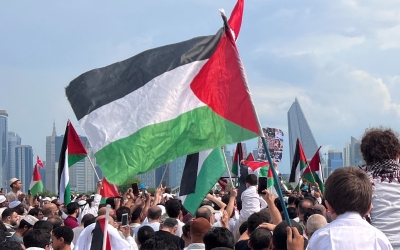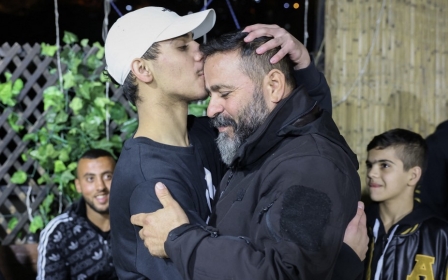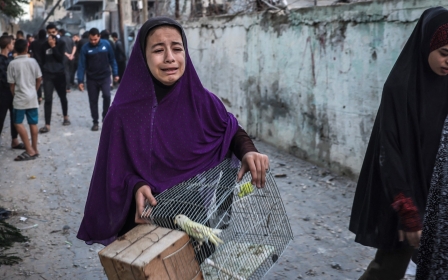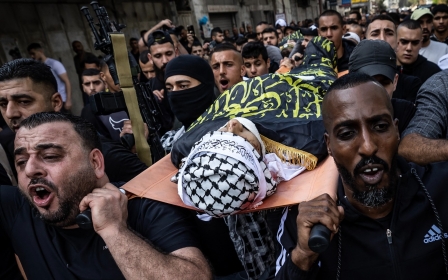Israel-Palestine war: Four-day truce takes effect in Gaza ahead of expected prisoner release
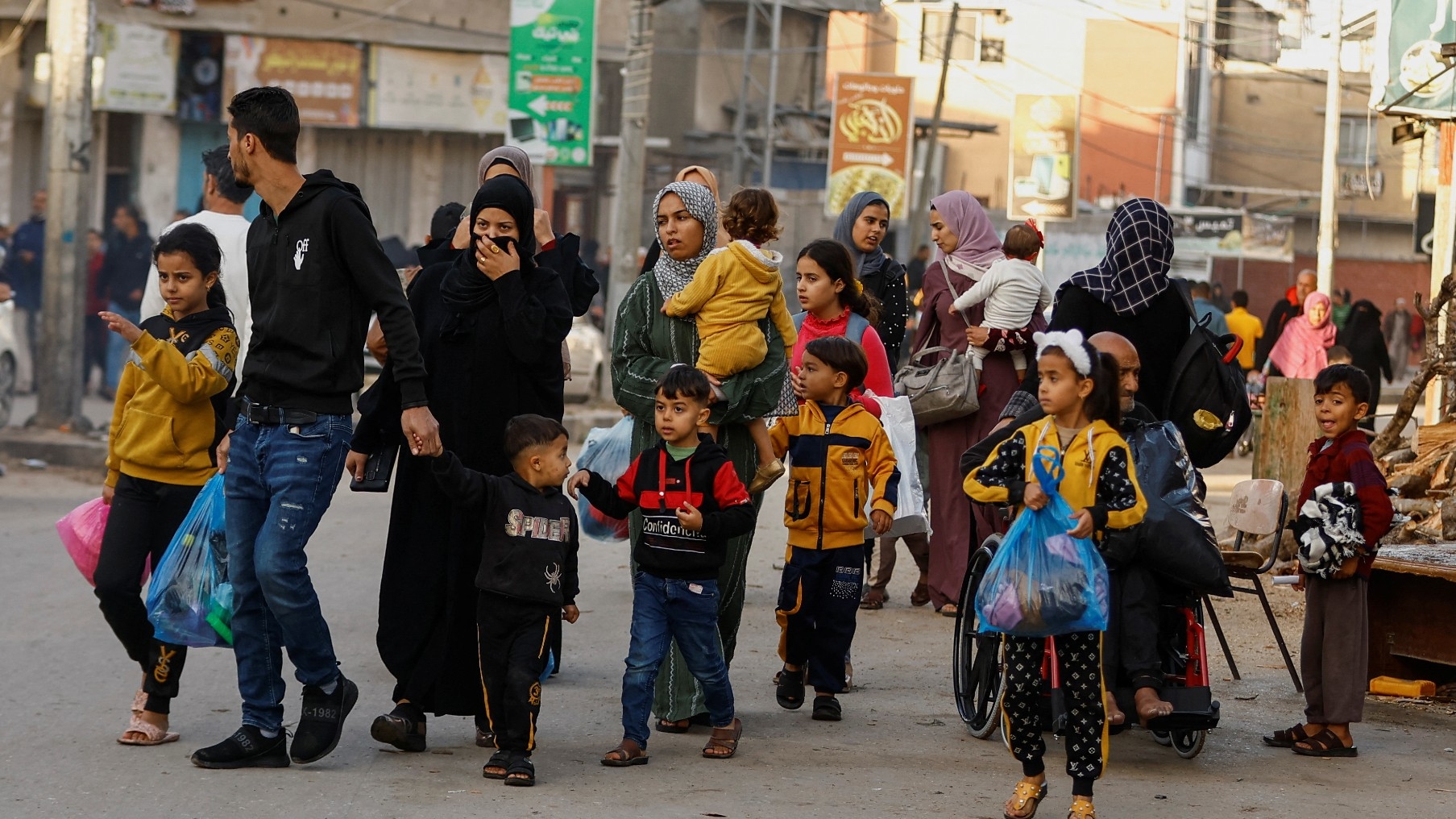
A four-day truce between Israel and Hamas came into effect at 7 am local time on Friday, offering Palestinians in Gaza a brief respite from fighting that has seen thousands of civilians killed and 1.7 million people displaced.
During the break in fighting, Hamas will release the first batch of 50 Israeli prisoners held in Gaza, in exchange for 150 Palestinian women and children imprisoned by Israel.
Underlining the fragility of the four-day pause, sirens sounded in Israel shortly after the truce came into effect, while gunfire could still be heard inside the besieged enclave at 10 am local time.
In the hours preceding the start of the truce, Israeli bombardment intensified across the Gaza Strip, with attacks reported in Rafah and Khan Younis, as well as constant artillery shelling in the north of the enclave.
Almog Boker, a correspondent for Israel's Channel 13, posted a video online showing Israeli soldiers celebrating just an hour before the start of the truce as a number of buildings were destroyed in the northern Gaza Strip by Israeli shelling.
New MEE newsletter: Jerusalem Dispatch
Sign up to get the latest insights and analysis on Israel-Palestine, alongside Turkey Unpacked and other MEE newsletters
As soon as the fighting paused, thousands of displaced Palestinians could be seen venturing out of schools, hospitals, and makeshift shelters to check on their homes in the central and southern areas of the enclave.
The truce marks the first pause in more than six weeks of war in Gaza and offers relief both for the 2.3 million Palestinians in the territory who have endured relentless Israeli bombardment, and for families in Israel fearful for the fate of their loved ones taken prisoner on 7 October.
According to an organisation formed by the hostages' families, at least 62 of the prisoners were women. Four of the women are serving Israeli soldiers, according to interviews with their families and information gathered by a forum of the hostages’ families.
Follow Middle East Eye's live coverage for the latest on the Israel-Palestine war
Some of the prisoners are believed to be held by Palestinian Islamic Jihad, a faction smaller than Hamas, as well as criminal gangs.
Reports in Israel suggest the first batch of Israeli prisoners will be released across the Rafah border crossing into Egypt and then be brought to Israel by the International Committee of the Red Cross and the Red Crescent (ICRC).
The deal, struck after lengthy and complex talks mediated by Qatar, the US, and Egypt, comes as Israel's offensive in Gaza has killed more than 14,000 people, more than a third of them children.
Israel claims it has killed thousands of Hamas fighters without presenting evidence and has confirmed the death of at least 70 of its soldiers.
Hezbollah, the Iran-backed Lebanese group, that has been sporadically shelling northern Israel, has said it will respect the terms of the truce "if Israel does", while Iran's Foreign Minister, Hossein Amir-Abdollahian, said Tehran also backed the truce.
However, even if the exchange is completed, Hamas will still hold about 150 prisoners, including Israeli soldiers, which the group has previously indicated it hopes to trade for high-ranking Palestinians in Israeli prisons.
Officials in Qatar have said an operations room in Doha will monitor the truce and the release of prisoners from Gaza.
According to Majed al-Ansari, a spokesman for Qatar's foreign ministry, the truce could be extended in a second phase to allow for the release of up to 50 more hostages, and up to 150 more Palestinian prisoners.
Middle East Eye delivers independent and unrivalled coverage and analysis of the Middle East, North Africa and beyond. To learn more about republishing this content and the associated fees, please fill out this form. More about MEE can be found here.


